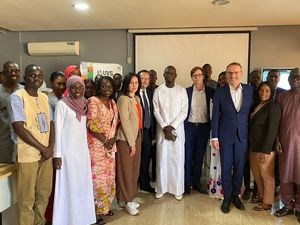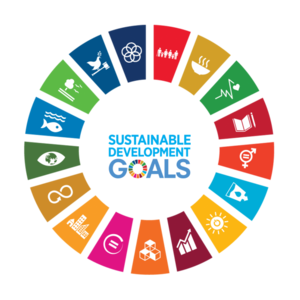It was based on the results of a workshop that took place in Dakar (Senegal) in March 2022. This was part of the broader international project "Data Governance in Emerging Economies to Achieve the Sustainable Development Goals (SDGs)", which examines the opportunities and possibilities offered by data policy to achieve the United Nations' Sustainable Development Goals.
Structured into four distinct parts, the report provides an exhaustive evaluation of Senegal's regulatory landscape concerning data access and sharing (Part I), laying the groundwork for a detailed examination of the alignment of these regulations with SDGs. It then focuses on the agricultural sector's data-sharing practices and their potential contributions to economic growth and sustainable development (Part II), followed by an exploration of the challenges and opportunities in data governance for financial services in the digital era (Part III). Part IV synthesizes the workshop's discussions, offering valuable insights, conclusions, and forward-looking recommendations.
This scholarly endeavor contributes significantly to the ongoing discourse surrounding data governance and its pivotal role in realizing the SDGs. The nuanced analysis and insights presented herein serve as a valuable resource for policymakers, academics, and practitioners operating at the intersection of data governance, development, and sustainability. Moreover, the outlined recommendations and prospective research agenda provide a roadmap for our future endeavors aimed at advancing data governance in emerging economies, aligning with the vision of the UN AI Advisory Board to govern AI for humanity.
Mor Bakhoum, Begoña Gonzalez Otero, Jörg Hoffmann, Minata Sarr
Data Governance in Emerging Economies to Achieve the Sustainable Development Goals Senegal Country Report Based on the Workshop Shaping Data Sharing Policies in the Agricultural and the Financial Services Sector (Dakar, March 16-17, 2022)
Max Planck Institute for Innovation & Competition Research Paper No. 24-05



